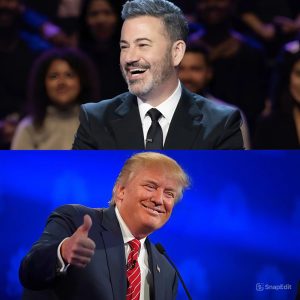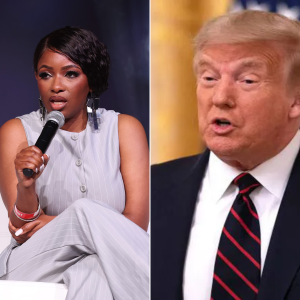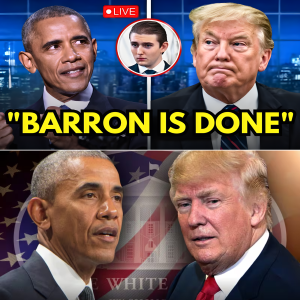BREAKING: Trump’s Bizarre Magnet Rant Leaves Press Stunned: Claims China’s ‘Monopoly’ Nearly Ended Cars, Internet
Washington, D.C. — November 11, 2025 — President Donald Trump ignited a firestorm of mockery and confusion Monday during an Oval Office press conference, delivering a rambling, scientifically dubious tirade about magnets that experts say would barely pass muster in an elementary school classroom. Tying the topic to escalating U.S.-China trade tensions, Trump asserted that Beijing’s dominance in rare earth minerals—key to producing powerful neodymium magnets—nearly brought global civilization to its knees, only for his tariffs to swoop in as the unlikely savior.
The 79-year-old commander-in-chief, flanked by a phalanx of aides and a cluster of skeptical reporters, veered into the topic while fielding questions on his recent threats of 100% tariffs on Chinese imports. What began as a defense of his “America First” economic policies devolved into a surreal monologue, leaving the room in stunned silence punctuated by stifled chuckles and frantic note-taking.
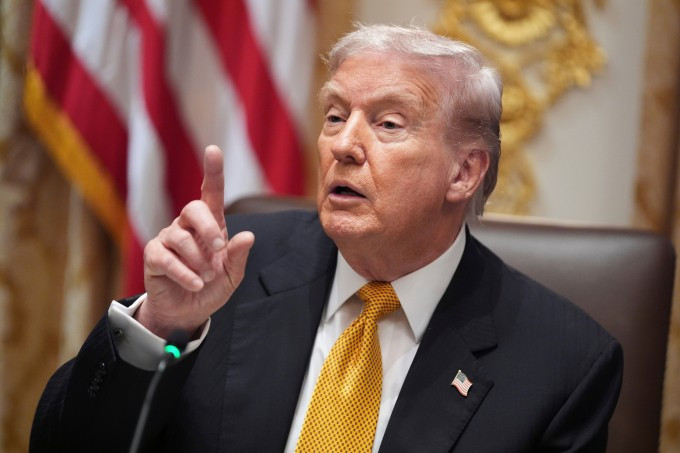
“China was going to hit us with rare earth,” Trump declared, his voice rising with theatrical urgency. “Now, everybody says, so what does that mean? Magnets. If China refused to give magnets, because they have a monopoly on magnets, because they were allowed to happen over a 32-year period, there wouldn’t be a car made in the entire world. There wouldn’t be a radio. There wouldn’t be a television. There wouldn’t be Internet. There wouldn’t be anything, because magnets are such a part.”
He paused for effect, gesturing emphatically as if unveiling a profound revelation. “Now, nobody knows what magnets are,” he added, “and not overly sophisticated, but to build a magnet system would take two years.”
The remarks, captured on C-SPAN and instantly viral across social media, drew swift condemnation from scientists, educators, and even some within Trump’s own party. Dr. Elena Vasquez, a physicist at MIT and author of The Invisible Forces: A Primer on Magnetism, called the claims “a masterclass in pseudoscience.” In a statement to Reuters, she explained: “Magnets function perfectly fine in water—in fact, they’re used in submersible tech and MRI machines. And while rare earth magnets are vital to modern tech, suggesting a Chinese cutoff would erase the internet overnight ignores global supply chains and alternatives. This isn’t policy; it’s fantasy.”
Trump’s obsession with magnets isn’t new. It traces back to at least January 2024, during a campaign rally in Mason City, Iowa, where he first aired his aquatic grievances against the technology. Riffing on the USS Gerald R. Ford aircraft carrier’s electromagnetic elevators and catapults, Trump warned: “Now, all I know about magnets is this: Give me a glass of water. Let me drop it on the magnets. That’s the end of the magnets.” The comment, which implied water could demagnetize systems outright, sparked memes comparing Trump to the Insane Clown Posse’s infamous “Miracles” video pondering, “F***in’ magnets, how do they work?” Online detractors, from late-night hosts to Reddit threads, accused him of “dementia-fueled rambling,” with one viral post quipping: “Trump just flunked Physics 101—again.”
Fast-forward to October 2025: China’s Ministry of Commerce announced sweeping export restrictions on rare earth elements and magnets, citing national security amid U.S. tech sanctions. Beijing, which controls over 90% of global rare earth processing and 70% of magnet production, delayed implementation by a year following Trump-Xi talks in South Korea. The minerals, including neodymium and dysprosium, are essential for electric vehicle motors, wind turbines, fighter jets, and smartphones—fueling Trump’s hyperbolic doomsday scenario.
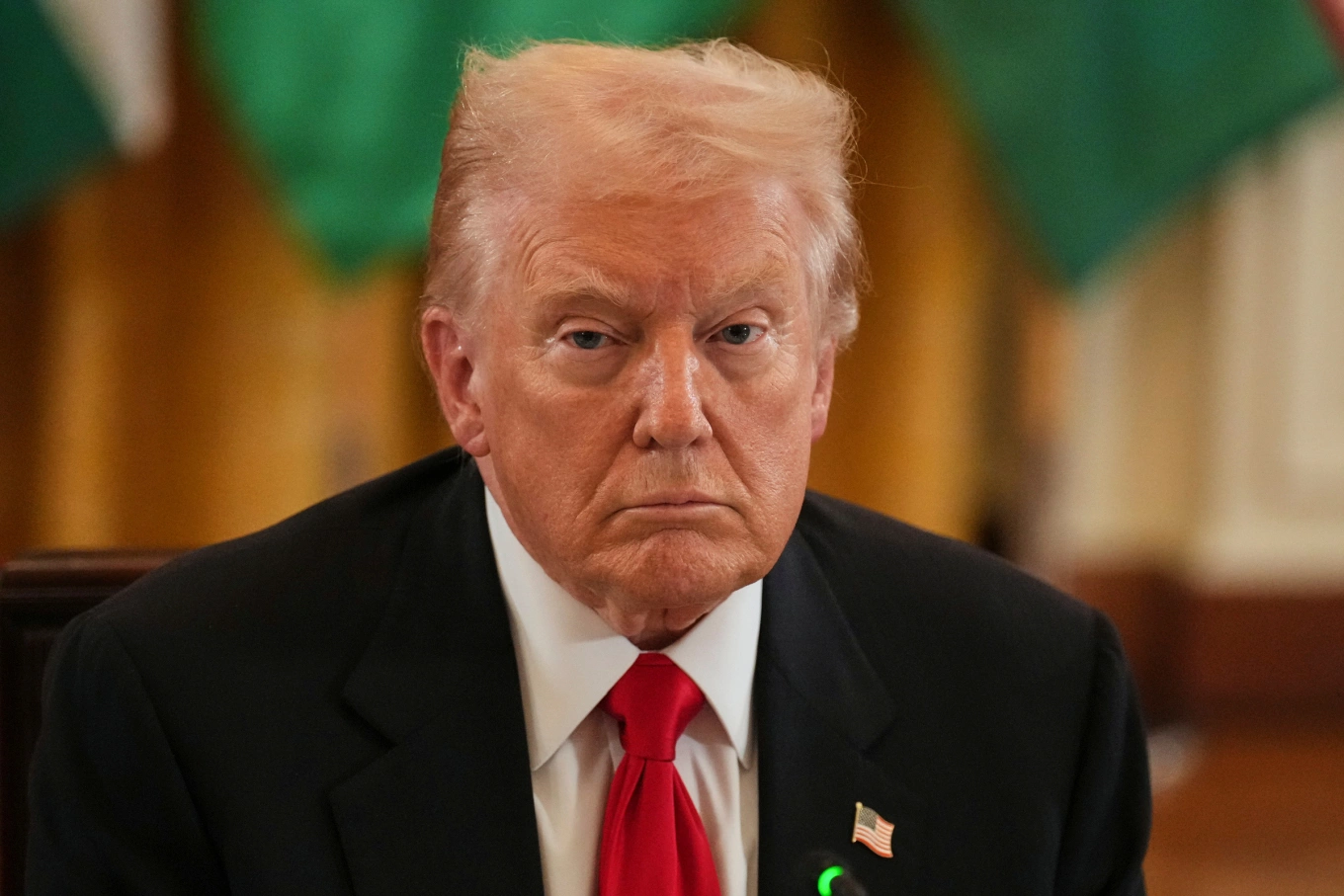
In response, Trump threatened “158 percent tariffs” on Chinese goods, a figure he touted as his “brilliant” fix that allegedly averted catastrophe. “I alone saved the planet,” he boasted Monday, echoing his 2016 convention speech. Yet trade experts dispute the narrative. The U.S. Geological Survey’s 2025 report highlights China’s dominance in eight critical minerals, including samarium for missile magnets, but notes diversification efforts via allies like Australia and Kazakhstan. Treasury Secretary Scott Bessent, speaking post-conference, clarified: “We’re pursuing strategic stakes in domestic mines and partnerships to end this monopoly—not waterlogged rants.”
The episode underscores broader concerns about Trump’s unscripted style in his second term. Since January 2025, his off-the-cuff remarks have fueled market volatility, from October’s tariff threats that shaved 2% off the Dow to a bizarre September claim that “windmills cause cancer—worse than magnets.” Democrats pounced, with House Minority Leader Hakeem Jeffries tweeting: “While the world tackles real crises like climate and AI ethics, POTUS is lecturing on drowning magnets. This is leadership?” Senate Majority Leader Chuck Schumer added: “Rare earths matter. But so does basic science. Trump’s turning the Oval into a bad sci-fi set.”
Republicans offered a mixed bag. House Speaker Mike Johnson defended the president’s “passion for American innovation,” but off-record sources in GOP leadership expressed frustration, fearing alienating tech donors reliant on stable supply chains. One Hill aide whispered to Politico: “He’s got the base fired up, but Silicon Valley’s tuning out.”
Social media erupted, with #MagnetGate trending worldwide. TikTokers recreated Trump’s “water drop” demo using actual magnets—spoiler: they worked fine—while X (formerly Twitter) users shared edits of the president as a cartoon mad scientist. Late-night comedian Stephen Colbert quipped on The Late Show: “Trump saved us from Chinese magnets? Great—now explain why bleach cures COVID.”
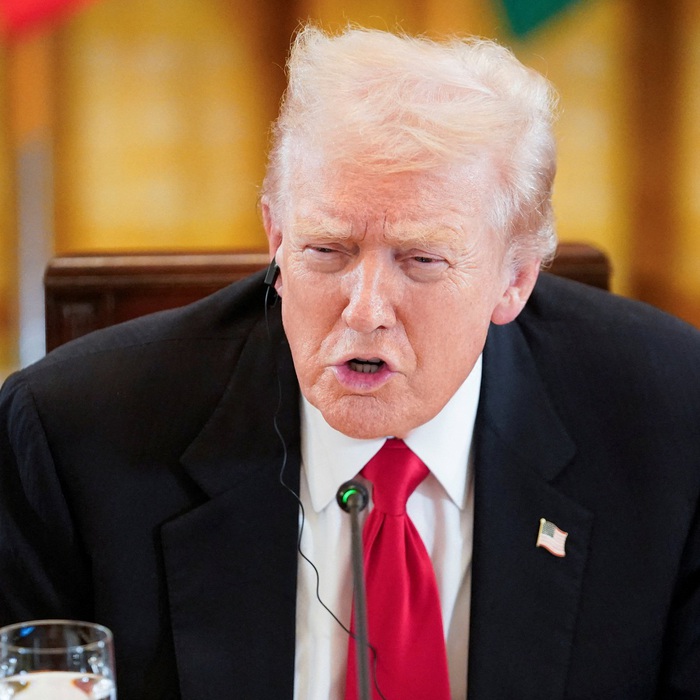
Beneath the absurdity lies a kernel of geopolitical truth. Rare earths are the oil of the 21st century, powering everything from EVs (projected to hit 40% of U.S. sales by 2030) to hypersonic missiles. China’s restrictions, announced October 16, were retaliation for U.S. chip export bans, per Beijing state media. Trump’s administration has poured $2.5 billion into domestic mining via the Inflation Reduction Act’s remnants, but experts like Natasha Jha Bhaskar of Newland Global Group warn: “Decoupling takes decades, not tariffs and tall tales.”
As the dust settles, Monday’s presser highlights Trump’s enduring hold on his MAGA faithful, who flooded Truth Social with praise: “Genius! China fears the Trump Tariff!” Yet for moderates and global partners, it’s a reminder of the chaos quotient in Trumpworld. With midterms looming in 2026 and Xi Jinping eyeing further leverage, the U.S. faces a high-stakes mineral race where facts, not fables, will determine the victor.
In the end, Trump’s magnet meltdown isn’t just entertaining—it’s emblematic of a presidency where bravado often trumps (pun intended) expertise. As one anonymous White House insider put it: “He thinks he’s briefing on quantum physics, but it’s more like a second-grade show-and-tell gone wrong.” Whether this galvanizes his base or galvanizes—sorry, magnetizes—opponents remains to be seen. For now, the internet endures, magnets un-drowned, and America wonders: What’s next, a lecture on why the Earth is flat?



